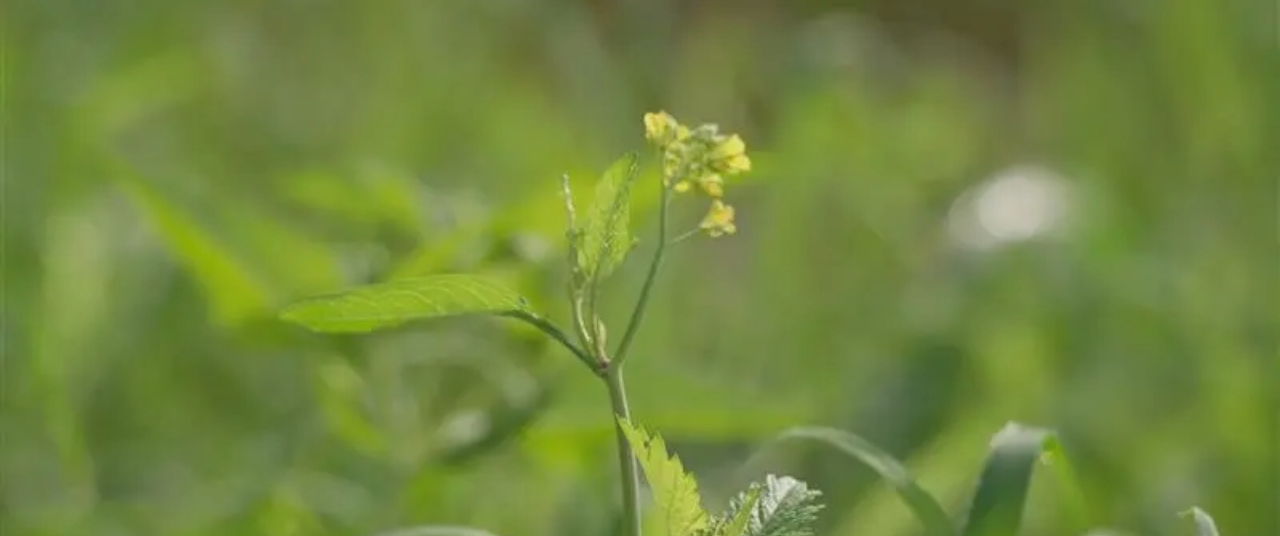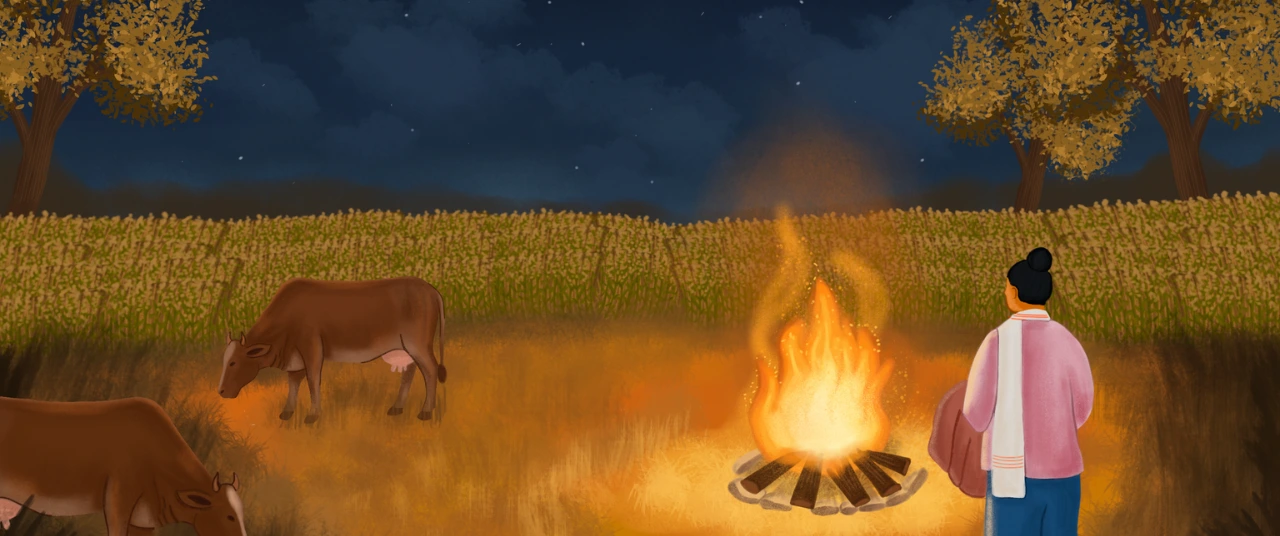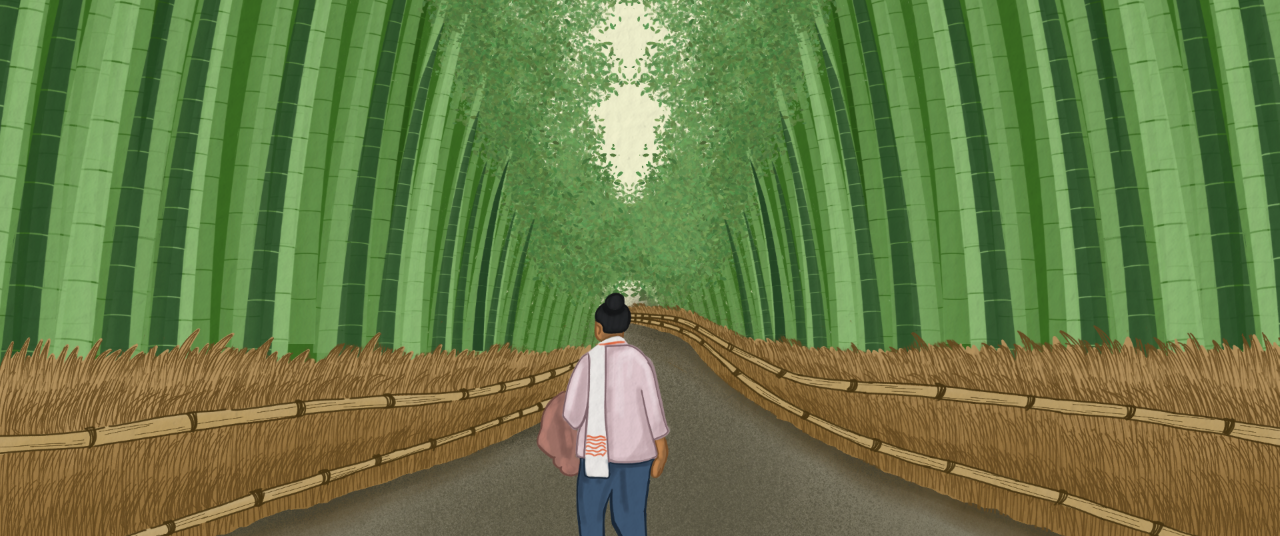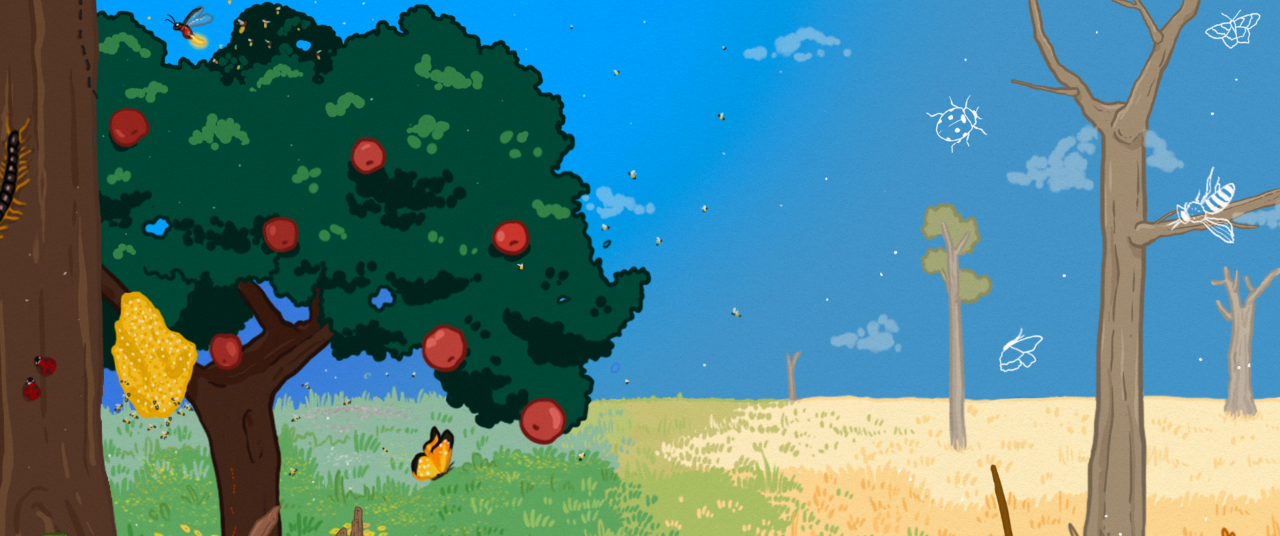When tough times hit, this woman turned to the earth for answers






Gowramma’s story is grounded in the land she tends. She’s seen firsthand how the land changes with the climate, the culture, and the relentless push toward unsustainable agriculture.
She speaks with the confidence of someone who’s been through tough times and emerged even stronger. Her philosophy is simple: care for the cow, care for the earth, and the rest will follow.
For Gowramma, farming is about more than just yield; it’s about health, empowerment, and reconnecting with nature, something she passionately believes the world desperately needs.
In this candid interview, she shares her insights, hardships, and hard-earned wisdom on organic farming, the role of women in agriculture, and the urgent need to protect our earth.
Hardships and learnings
How did it all start?
We started growing greens, and they turned out well, so we shared them with family. Then I thought, why not take it further? We cleared out the grapes and slowly began growing different things. In 2018, Spudnik came. We learned about desi (local) breeds and others, and that’s when we realised just how important our health is.
As a woman, what hardships did you face when you initially?
In the beginning, it was nothing but hardships. We only had one borewell with just an inch of water, making things extremely difficult (tears up).
Our children were small, the yield was small, and I didn’t know what to do. But the Kisan Sangh gave me confidence and guidance. They supported me when my family was hesitant, and my friends and the Sangh stood by me like a mother. I can’t forget them.
{{marquee}}
Do you think women should pursue organic farming? What are the benefits of rearing animals in this process?
If you want to do organic farming, you must have animals. The desi cow is like a urea bank. You need animals like dogs, chickens, sheep, and goats to produce Jeevanmrutha. In just 1 kg of cow dung, there are millions of microorganisms. Take care of the cow, and you won’t even need to go for walks. Farmers should always be in aarmba (X), shouldn’t have muktaya (X).
Cow urine, or gomutra, is essential. I drink a little every morning for kashayam. Cow dung is vital for Jeevanmrutha, manure, earthworm pits, and even cleaning the yard. Without cows, we can’t sustain the earth. We’re losing local cow breeds, just like we’re losing traditional rice varieties. HF cows are useless. We need desi cows to help the earth.
All about farming
What do you grow on your land, and why?
I sometimes have 10 to 50 plants. Growing only one or two crops leads to losses. We’ve grown bottle gourd with chilli underneath and greens, too. Multi-cropping increases profit, though it requires more work. But I’d rather work 6 hours in the field than 12 in an office.
How do you protect your crops, and how important is that in organic farming?
If a human dies, they return to the earth. If we ruin the earth, will humans survive? We need to care for the earth. Whatever I grow, we eat first. Farmers are crucial to the nation, and we should feed poison-free food to society. All children are our children, so I don’t feed poison.

What methods do you use to save the soil?
We use earthworm manure, banana and jaggery spray, and Jeevanmrutha. I prepare everything – 1 kg of organic jaggery, 2 litres of buttermilk, mixed with curd. After 40 days, the concoction is ready for use.
Can a small-scale farmer be self-sustaining with organic methods? How can they pass this knowledge to the next generation?
It’s not about how much land you have; be grateful for what you’ve got and cultivate it. Mother Earth will give you what you need. Even with half an acre, you can survive. Four gunthas (x)is also enough.
Did our ancestors use chemicals? Pesticide companies converted us. Our grandfathers raised many children without these things – why can’t we?
What other organic practices do you use?
The soil needs to be prepared. If the earth is ready, everything else falls into place. We mix 10 kg of mud with 5 litres of milk and spray it for 10 days—that’s enough.
Climate change is a big issue today. What changes have you seen, and what problems do farmers face?
People have ruined the climate, not the gods. There are no trees anymore because we’ve cut them down. Instead of blaming the climate, we should plant trees. In our land, the earth is still fine, but it’s getting hotter. We need to create a good climate by planting trees, which will also prevent diseases.
Advice to farmers
What advice do you have for future generations?
We need to teach the next generation by getting them involved in fieldwork. If we don’t, they’ll become lazy. Just like a plant needs to bend to grow, they need to learn the value of hard work and not get too comfortable. Along with their studies, they should also learn hands-on skills. Kids today are sharp, so they can pick things up quickly.
How do you see women’s empowerment in farming? How have you progressed, and what can other women learn?
At first, I depended on my husband for everything. But now I do things myself. Women should spend time on their land instead of watching TV. We’re powerful and capable of being self-sufficient. We shouldn’t depend on men for everything. I decided to go organic even when others didn’t. My husband used to say I ruined him, but I don’t care—I tell him, “This is who I am.” I’m healthier now, I’ve lost weight, and my eyesight has improved. My mother is 95 years old and still active. Why can’t we do the same? We need to teach our children to work hard.
Can you share your thoughts on organic farming?
Organic farming is essential for our health. We need to reflect on where we went wrong and reconnect with nature. Why wouldn’t you get a good yield if you work hard? Good health doesn’t just happen—you need to take responsibility for it. Society needs to change its mindset.
(Image Credits: Sreejith M, Nevin T, Harshith V)
Explore other topics
References































.png)